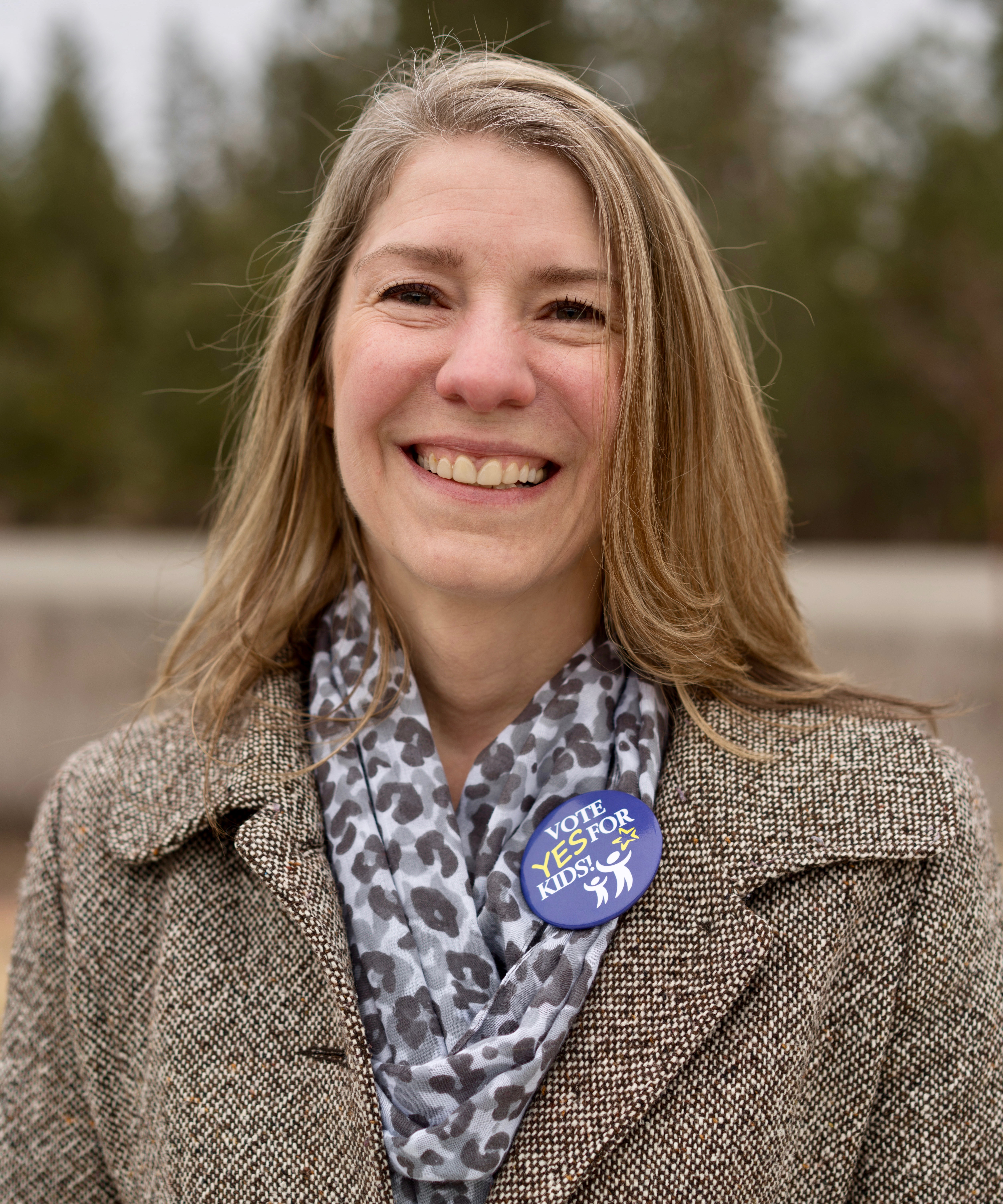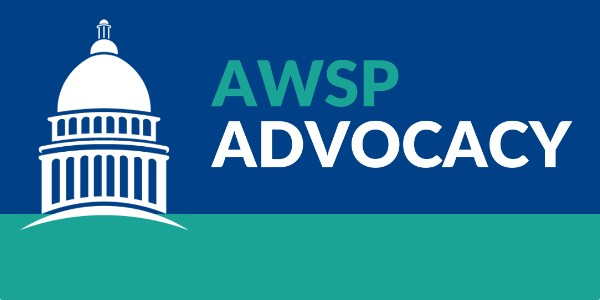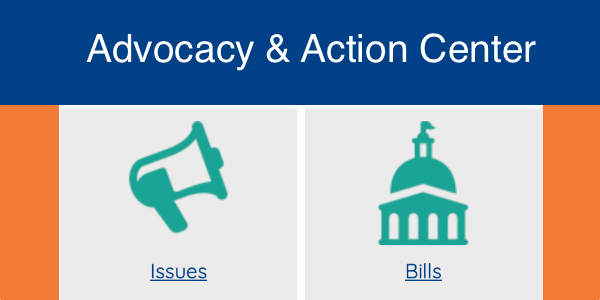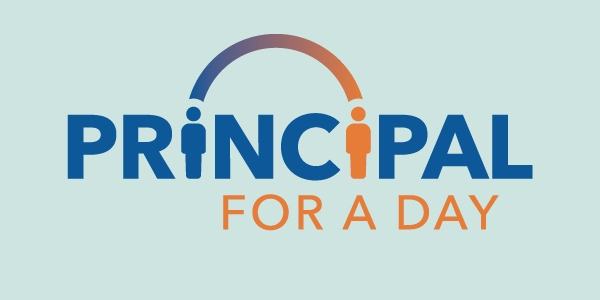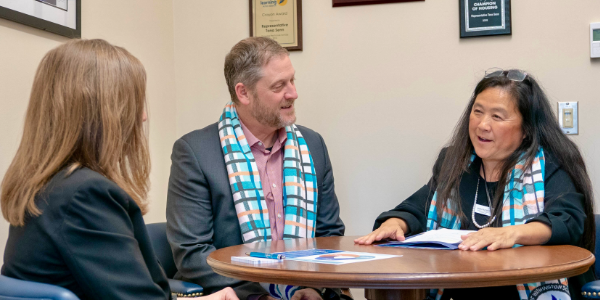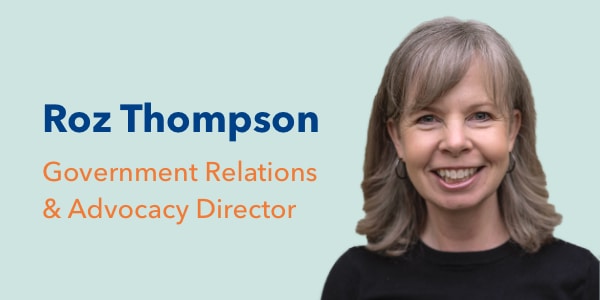This second half of session is just a repeat of the first half except each house is hearing the bills that passed the opposing chamber. And the process starts with committee hearings and as Milton Berle once said, “a committee is a group that keeps minutes and loses hours.”
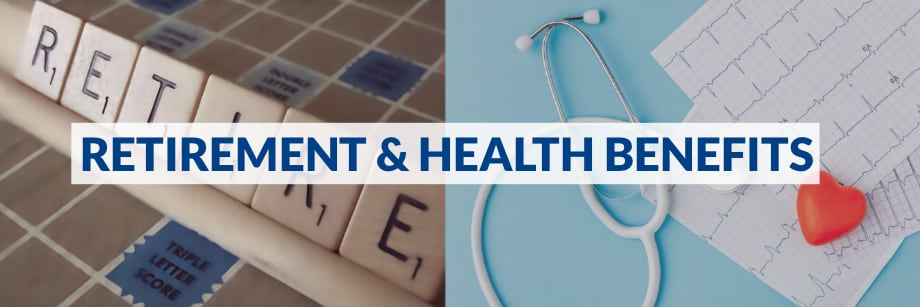
“Deja Vu All Over Again”
~ Yogi Berra
This second half of session is just a repeat of the first half except each house is hearing the bills that passed the opposing chamber. And the process starts with committee hearings and as Milton Berle once said, “a committee is a group that keeps minutes and loses hours.”
Meanwhile, here is a summary of what is still in obvious play.
Retirement Related Proposals
SB 5021 | Concerning the effect of expenditure reduction efforts on retirement benefits for public employees, including those participating in the shared work program.
This bill provides that specified public pension and retirement calculations will not be reduced as a result of state-mandated furloughs.
(Passed the Senate 29-20. A scheduled hearing before the House Appropriations Committee on 3-11.)
ESSB 5115 | Establishing health emergency labor standards. The bill creates an occupational disease presumption for frontline employees during a public health emergency for the purposes of workers’ compensation; requires employers to notify L&I when a certain percentage of their workforce becomes infected during a public health emergency; requires employers to provide written notice to employees on the premises and their union of potential exposure to the infectious or contagious disease during a public health emergency; prohibits discrimination against an employee who is high risk for seeking accommodation that protects them from the disease or using all available leave options if no accommodation is reasonable.
(Passed the Senate 48-1. Assigned to House Labor Committee. Hearing scheduled 3/12.)
SB 5352 | Allowing new government employees the option of opting out of retirement system membership if the employee is age sixty or older when first hired or when the employee’s employer opts into retirement plan participation.
(Senate Floor Calendar).
SB 5367 | Directing the department of retirement systems to create rules regarding automatic refunds of retirement contributions in the retirement systems listed in RCW 41.50.030.
(Passed Senate 47-0-2. Scheduled hearing 3/11 before House Appropriations).
SB 5453 | Concerning plans 1 and 2 of the state retirement systems by combining LEROFF 1 and TRS Plan 1 assets. This bill by Senator Schoesler was introduced on Feb. 12th and assigned to Ways and Means. Although no hearing to date has been set, this bill is NTIB.
(No movement, but could be deemed NTIB)
WSSRA (State School Retirees’ Assn.) is advocating that because of the soon to be influx of federal dollars, legislators should consider two needs; (a) Use some budget stabilization dollars (BSA) to decrease the unfunded liability of Plans 1, and (b) fund a COLA for Plans 1 members. ($35M biennial cost).
(No movement)
School Employee Benefit Board (SEEB)
SB 5322 | Prohibiting dual enrollment between school employees’ benefits board and public employees’ benefits board programs.
(Passed the Senate 48/0/1 and scheduled hearing on 3/11 before House Appropriations Committee).
SSB 5326 | Concerning health and pension benefits for school bus drivers employed by private nongovernmental entities.
This bill did not survive cut-off and is considered ‘dead’. It will however remain in the Senate Rules Committee when the next session reconvenes. This issue is not dead.
Other Bills:
There are a number of bills proposed that deal with expanding various employee benefits and qualifications. They address such areas as unemployment compensation, family and medical leave, and workmen’s compensation. These proposals may or may not apply to school districts and represent potential added costs to a district’s operations.
Two bills (E2 SHB 1073 and ESSB 5097 ) in the 2021 virtual legislative session are proposing changes.
E2 SHB 1073 | Expands coverage of the paid family and medical leave program.
(A public hearing is scheduled 3/11 @ 8 AM before the Senate Labor Committee)
ES SSB 5097 | Expands coverage of the paid family and medical leave program.
(Passed Senate. Assigned to hearing before House Labor Committee. Not yet scheduled.)
ESHB 1214 | Creates the category of safety and security staff for kindergarten through grade 12 public schools; provides requirements for safety and security staff agreements, data collection, and training, for educational service districts, school districts, and charter schools.
(Passed House 67-30-1. Assigned to Senate Early Learning/K–12 Committee. Not yet scheduled.)
SHB 1363 | Addressing secondary trauma in the K–12 workforce. It is in Rules Committee awaiting scheduling for floor action.
(Passed House 58-40. Hearing scheduled 3/12 before Senate Early Learning/K–12 Committee.)
SHB 1492 | Concerning extended benefits in the unemployment insurance system.
(Passed the House 94-2-2. Assigned to House Labor. Not yet scheduled.)
ESSB 5115 | Establishing health emergency labor standards. Creates an occupational disease presumption for frontline employees during a public health emergency for the purposes of workers’ compensation. Etc.
(Passed Senate 48-1. A public hearing is scheduled on 3/12 before House Labor Committee.)
SSB 5425 | Concerning extended benefits in the unemployment insurance system. Allows unemployment insurance claimants to be eligible for extended benefits regardless of whether their 52-week benefit year has expired; allows the state’s extended benefit program to “trigger on” without having to wait the 13 weeks between extended benefit periods; amends a job search provision, for the purposes of federal conformity, regarding denying extended benefits for failing to accept an offer of, or apply for, suitable work.
(Passed the Senate 46-3. Referred to House Labor Committee. Not yet scheduled.)
SSB 5254 | Concerning the use of protective devices and equipment during a public health emergency.
(Passed Senate 47-1-1. Referred to House Labor. Not yet scheduled.)
Fred Yancey
The Nexus Groups


